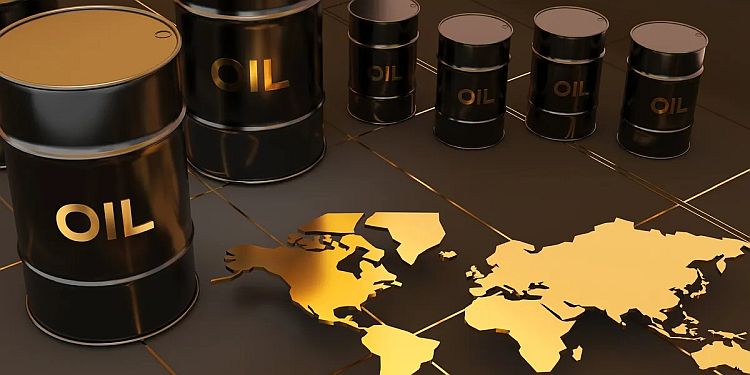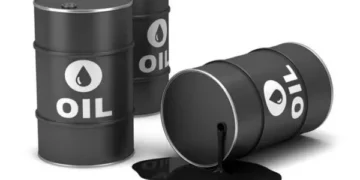Shell biofuel halt in Rotterdam confirmed as company prioritizes fossil fuels over renewable plant, citing market challenges, sparking environmental backlash
The Shell biofuel halt, announced on Wednesday, September 3, 2025, marks a significant retreat from renewable energy as British oil giant Shell scraps plans for one of Europe’s largest biofuel plants in Rotterdam, Netherlands.
Also read: Governor Dapo Abiodun declares Ogun PDP ‘Empty Shell’ after mass defections to APC
The facility, intended to produce sustainable aviation fuel (SAF) and renewable diesel from waste, was abandoned as Shell doubles down on its lucrative fossil fuel operations, drawing sharp criticism from environmentalists.
Launched in 2021 to align with Europe’s emissions reduction goals, the Shell Biofuel Halt follows a year-long suspension of the project in 2024 due to weak market conditions and soaring costs.
“As we evaluated market dynamics and the cost of completion, it became clear that the project would be insufficiently competitive,” said Machteld de Haan, Shell’s president of downstream, renewables, and energy solutions.
The Rotterdam plant was set to produce 820,000 tonnes of biofuels annually, with over half dedicated to SAF—a lower-carbon alternative to jet fuel made from waste materials like cooking oil and animal fat.
The European Union’s mandate for airlines to increase SAF usage to combat climate change made the project critical, but airlines have long cited SAF’s high costs and limited availability as barriers.
Shell’s decision aligns with a broader pivot under CEO Wael Sawan to prioritize oil and gas for higher profits, mirroring moves by rival BP, which has also scaled back biofuel projects.
The Shell Biofuel Halt triggered a $600 million to $1 billion write-down in Shell’s 2024 second-quarter results, underscoring the financial pressures behind the decision.
Environmental activists have condemned the move, accusing Shell of undermining global climate efforts.
“This is a devastating step backward for sustainable energy,” said a spokesperson for Green Energy Now, a Netherlands-based advocacy group.
The Shell Biofuel Halt raises questions about the scalability of SAF, a cornerstone of aviation’s decarbonization strategy.
Despite the cancellation, Shell maintains that biofuels remain part of its long-term vision to reach net-zero emissions by 2050.
However, with similar renewable projects, like a Singapore SAF facility, also abandoned, skepticism about Shell’s green commitments is growing.
The Shell Biofuel Halt highlights the clash between short-term profitability and long-term sustainability.
Also read: Shell reports 23% drop in H1 2025 profit amid lower oil, gas prices
As Shell redirects resources to fossil fuels, the renewable energy sector faces a critical setback, leaving Europe’s climate goals in a precarious balance.
Source: Read more at freelanews.com
























